Analysts said Beijing and Washington have taken a step forward together in a responsible way to boost global awareness and concerted actions on artificial intelligence, as the first meeting of the China-United States intergovernmental dialogue on AI was held in Geneva, Switzerland, on Tuesday.
"The two sides had in-depth, professional and constructive exchange of views on AI science and technology risks, global governance, and other issues of concern," the Foreign Ministry said in a statement.
At the meeting, both sides acknowledged that the development of AI technology poses both opportunities and risks.
They also reaffirmed their continued commitment to the implementation of the important consensus reached by the two heads of state in San Francisco in November.
Co-chairs of the meeting were Yang Tao, director-general of the Department of North American and Oceanian Affairs of the Chinese Foreign Ministry, Seth Center, U.S. State Department's acting special envoy for critical and emerging technology and Tarun Chhabra, senior director for technology and national security at the White House National Security Council.
"The two sides shed light on their respective views on the risks of AI technology and governance initiatives, as well as measures taken to drive AI to empower economic and social development," the ministry said.
China said it wants to ensure AI technology is "helpful, safe and fair".
During the meeting, China also made clear its position on the U.S. side's restrictions and suppression of China in the field of AI.
Yang Mingjie, president of China Institutes of Contemporary International Relations, said China-U.S. cooperation on artificial intelligence is "of paramount importance "in terms of strategic implications.
He said both China and the U.S., to some extent, are forerunners in the AI sector. "What the meeting conveys is actually the responsible attitude of the two countries toward the next step in the development of AI."
"China and the United States, as major AI countries, have the responsibility to jointly study and think about countermeasures in advance against the risks that may arise in the development of this technology," he said.
Yang pointed out that the current global science and technology community is facing the effects of AI and other new technologies that are like "a double-edged sword", and the disparity is widening among countries in the field of science and technology.
Su Xiaohui, deputy director of the Department of American Studies at the China Institute of International Studies, said China is working hard to shorten this gap and enable more countries to grab this opportunity.
"So when it comes to setting rules for AI governance, China underscores important multilateral organizations and tapping the due role of the United Nations to make sure the AI does not end up as a vehicle for some countries to realize their own selfish interests or to suppress, frustrate and encircle other nations," she added.
During Tuesday's meeting, Beijing expressed support for strengthening the global governance of AI and emphasized the need for utilizing the role of the United Nations as the main channel for the purpose.
China said it is willing to strengthen communication and coordination with the international community, including Washington, to form the global AI governance framework and standards that enjoy broad consensus.
Yang, the CICIR president, said the efforts of developing countries to catch up with and even to overtake richer nations in science and technology may face "systematic crushing" by some leading nations.
Yang warned that some nations leading in technology are introducing export control measures and building protectionist "walls" and their own "yards".
At the meeting, the Chinese side was also represented by officials from the Ministry of Science and Technology, the National Development and Reform Commission, the Cyberspace Administration of China and the Ministry of Industry and Information Technology.
The U.S. side was represented by officials from the National Security Council, the State Department, and the Department of Commerce.










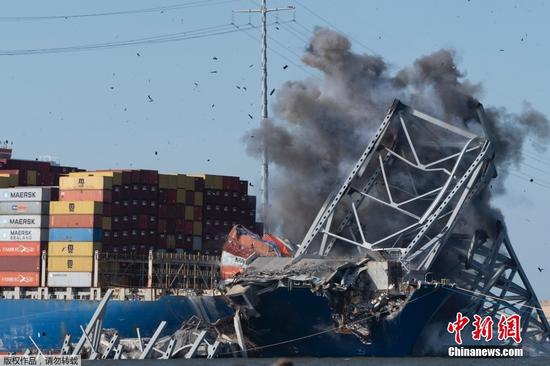




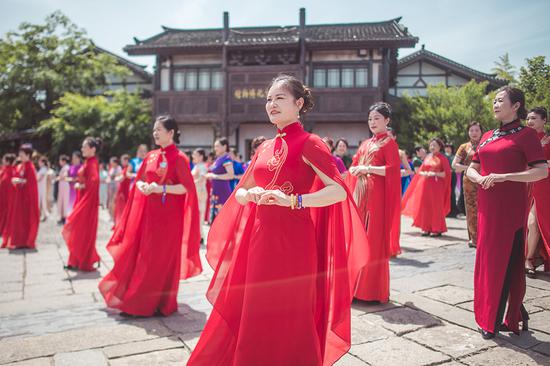

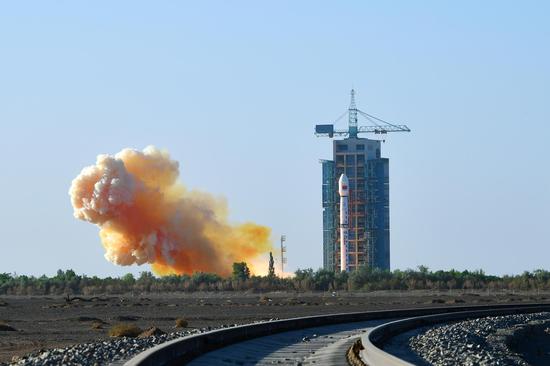



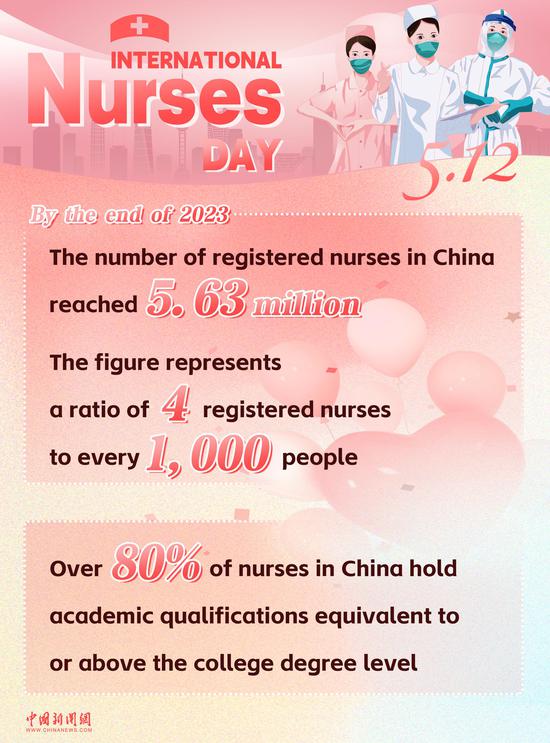

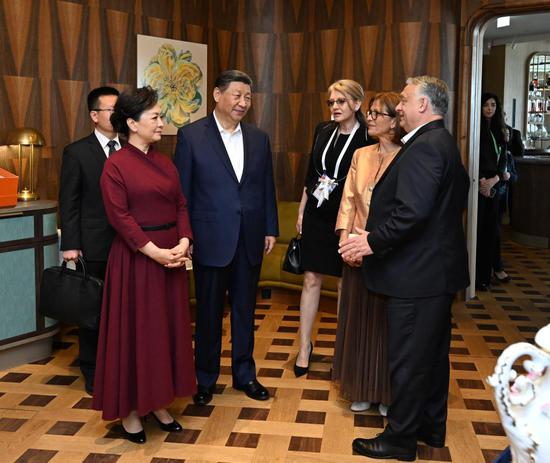
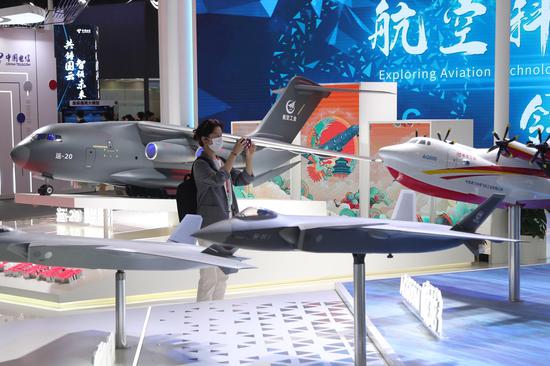



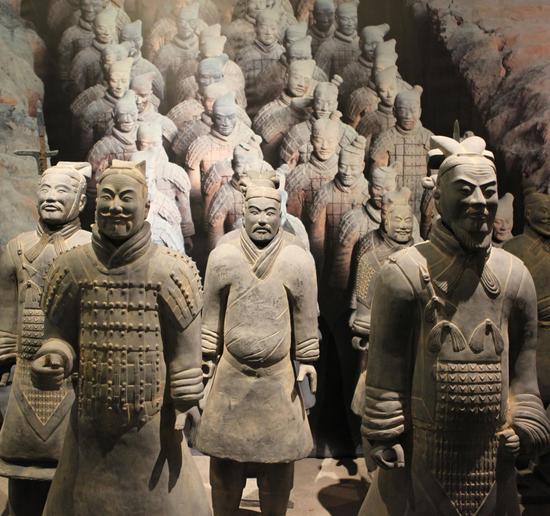
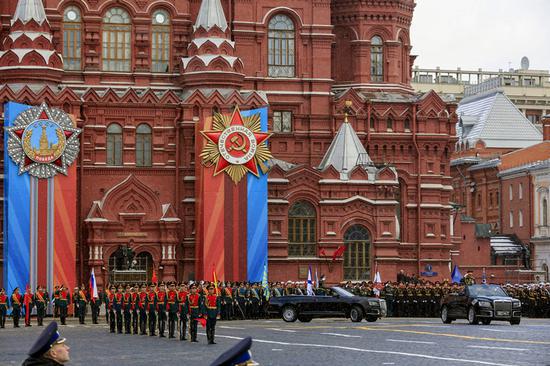

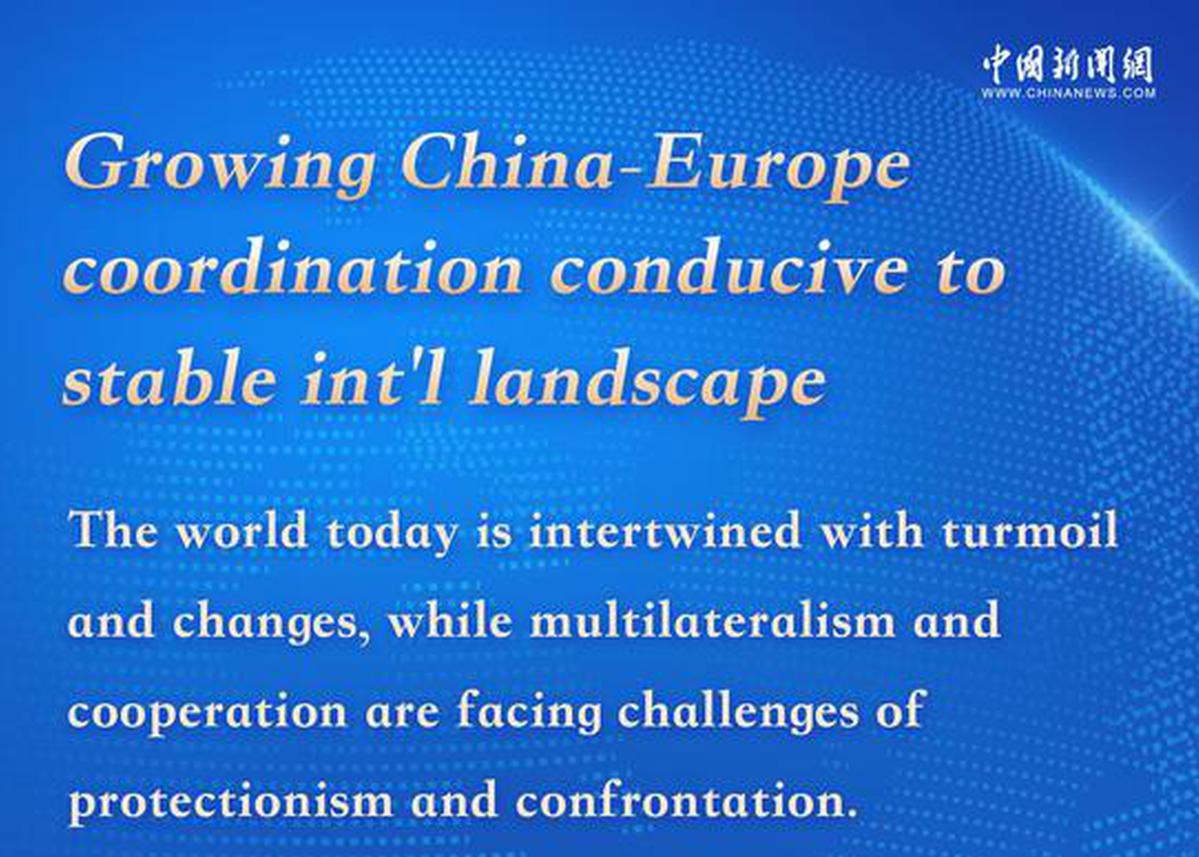
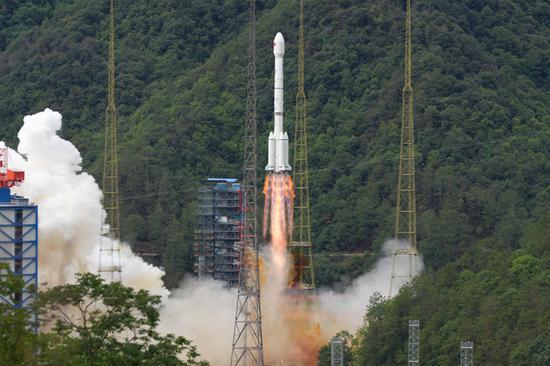


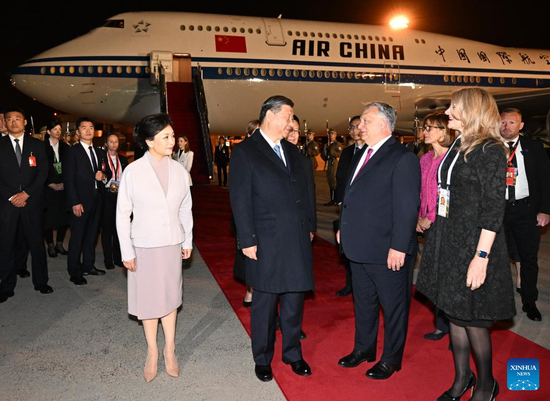
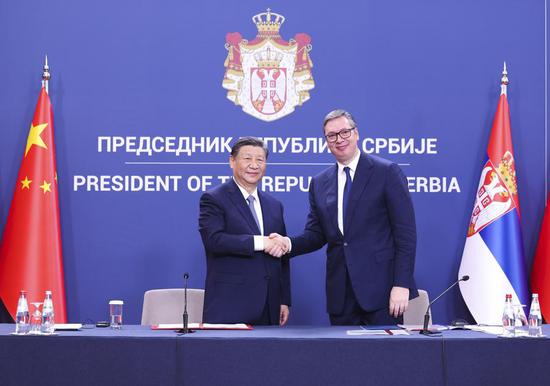
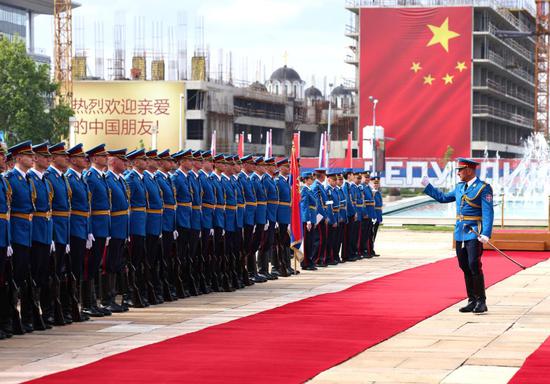

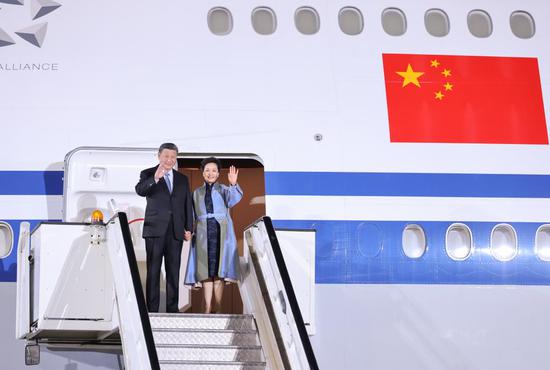


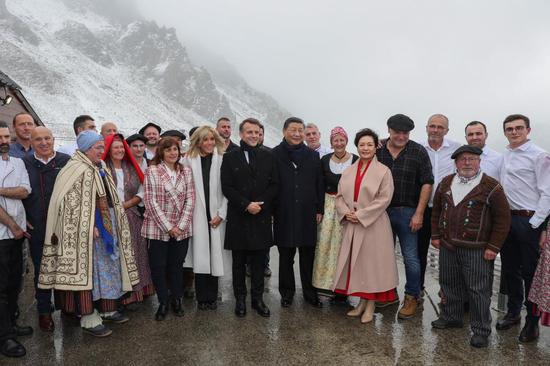
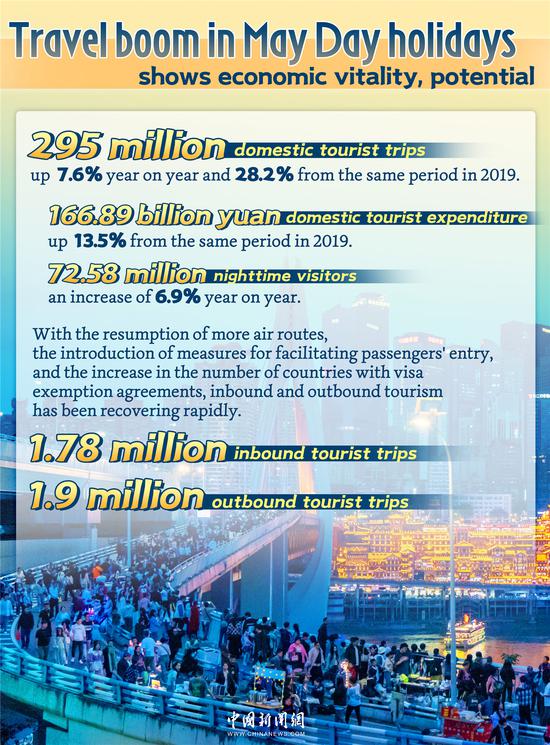
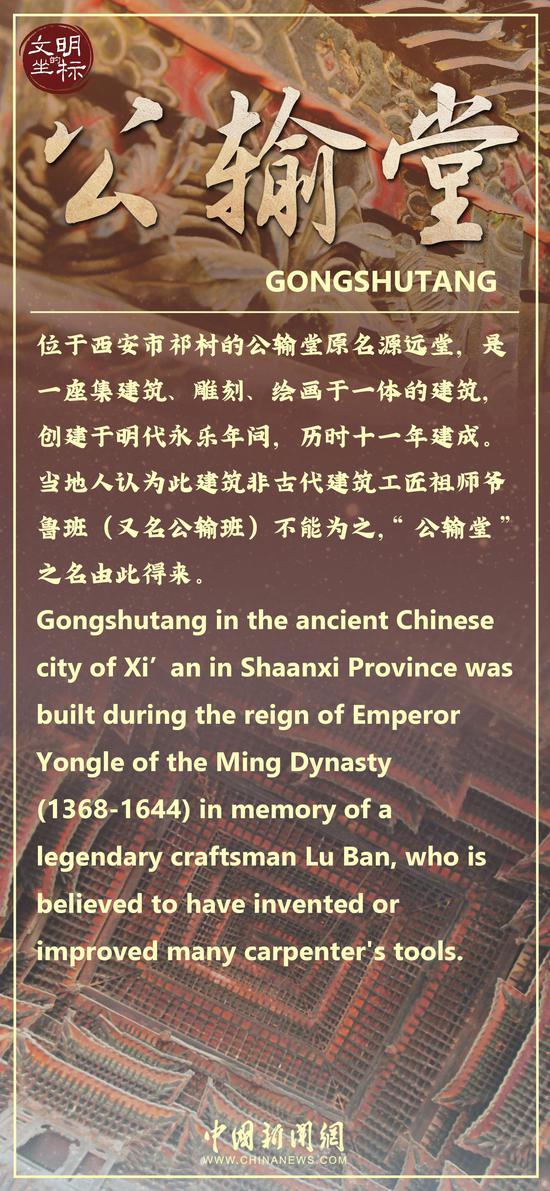





 京公网安备 11010202009201号
京公网安备 11010202009201号